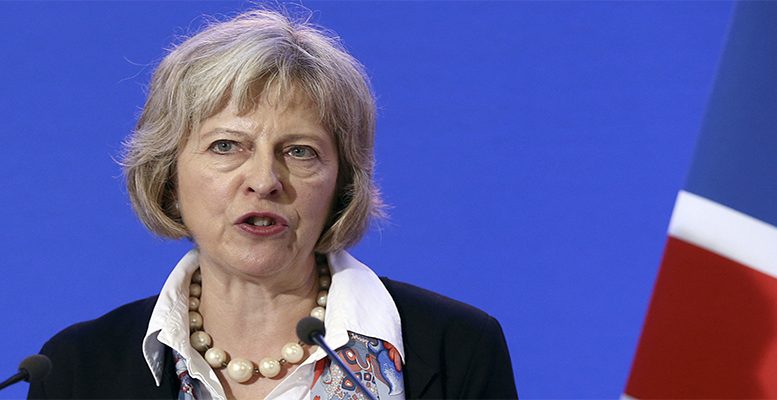As was expected, Teresa May announced that her plan is for the UK to exit the EU and the single market, taking back control of its frontiers. This was May’s real message apart from other goals, in principle very difficult to obtain, “given that we don’t see her partners in the EU making this type of concessions,” says Link Securities. And Intermoney agrees on this point, saying “the problem stems from the fact that she seems to be overlooking the fact that these negotiations involve many parts.”
May revealed a plan which suggested a hard stance, but she used politically correct words. She flagged that the future of the relationship between Brussels and London would not be based on “one of the existing models” (Norway or Switzerland). What she will be looking to establish is “a new and ambitious free trade agreement” with the area. Furthermore, the Prime Minister said she is commited to putting any potential exit agreement which emerges from the two-year negotiation process after the EU Article 50 is triggered to a parliamentary vote. This went down well with investors in the currency markets, who are perhaps thinking that this aspect will smooth the terms of the “break” with Europe.
In any event, Intermoney believes this ruling would only lengthen the process, since MPs are not going to vote against a decision which was the result of a referendum and supported by the conservatives who currently have a parliamentary majority.
It’s also worth noting the strong rise in inflation in the UK in December. The figure was released yesterday and was well above analysts estimates. That said, confidence indices from German analysts and investors reflected a level of optimism about the current situation not seen since 2011 (77,3 points) with one big exception: the UK.





